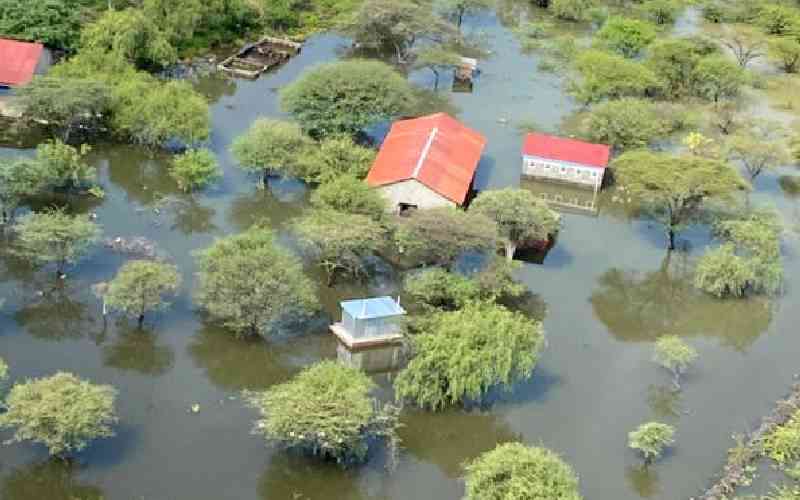
There is a renewed emphasis on the profound impacts of climate change on health. COP29, held in November, underscored the critical health impacts of climate change, elevating the climate-health nexus on the global agenda and launching the Baku COP Presidencies Continuity Coalition for Climate and Health-co-led by the UK, Egypt, UAE, Azerbaijan, Brazil, and WHO-to prioritise health ahead of COP30 in Belem, Brazil.
During Health Day on November 18, Kenya demonstrated leadership through the Ministry of Health's commitment to establish guidelines for an environmentally sustainable healthcare system, strengthening health professionals' capacity to address climate-induced health challenges, and translating research into actionable policies.